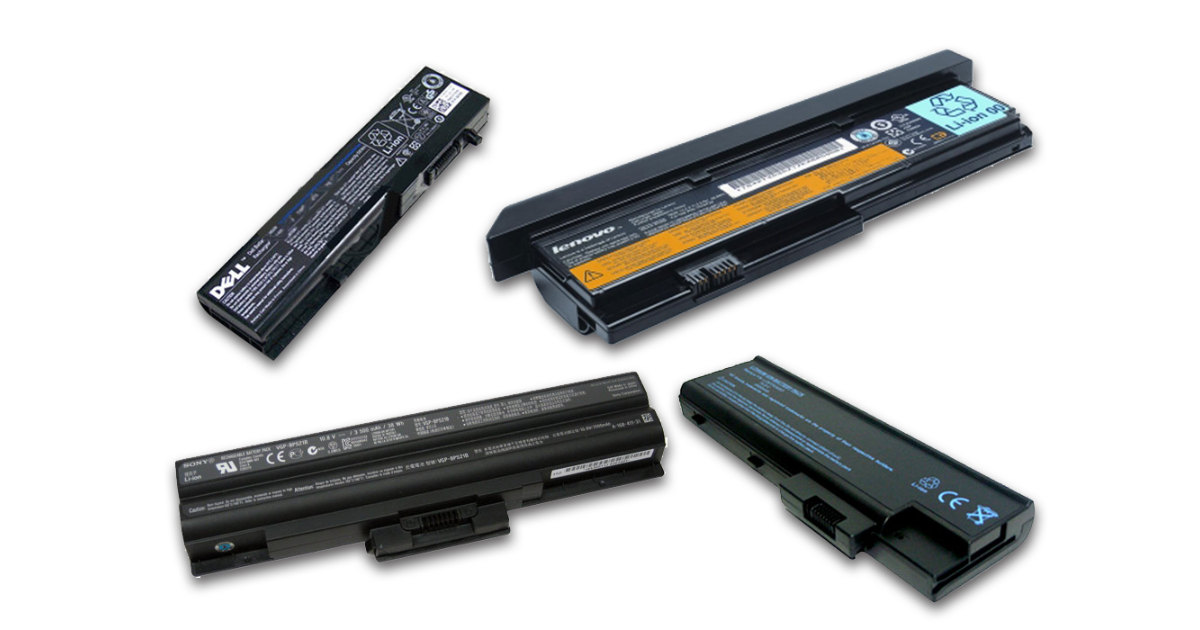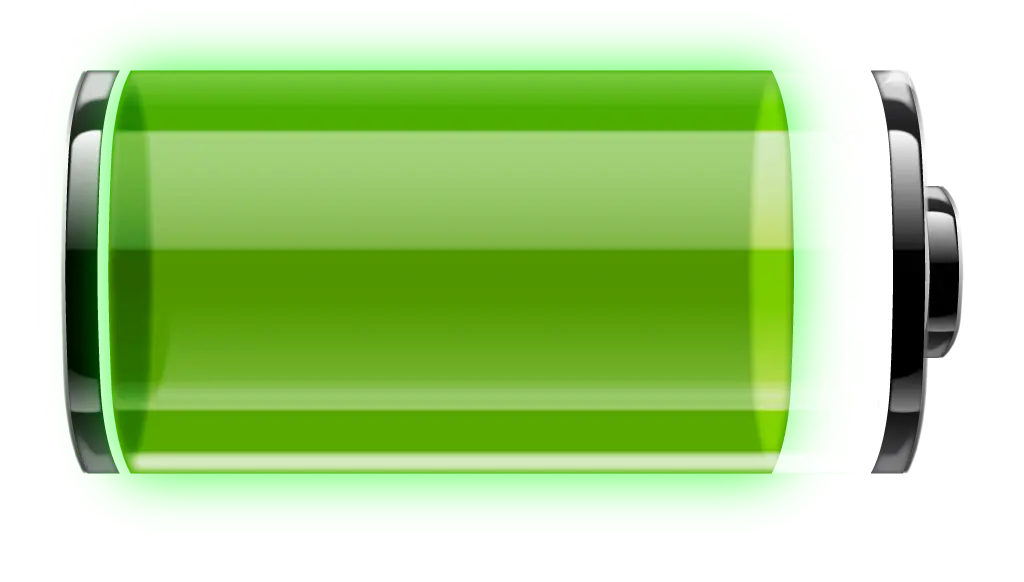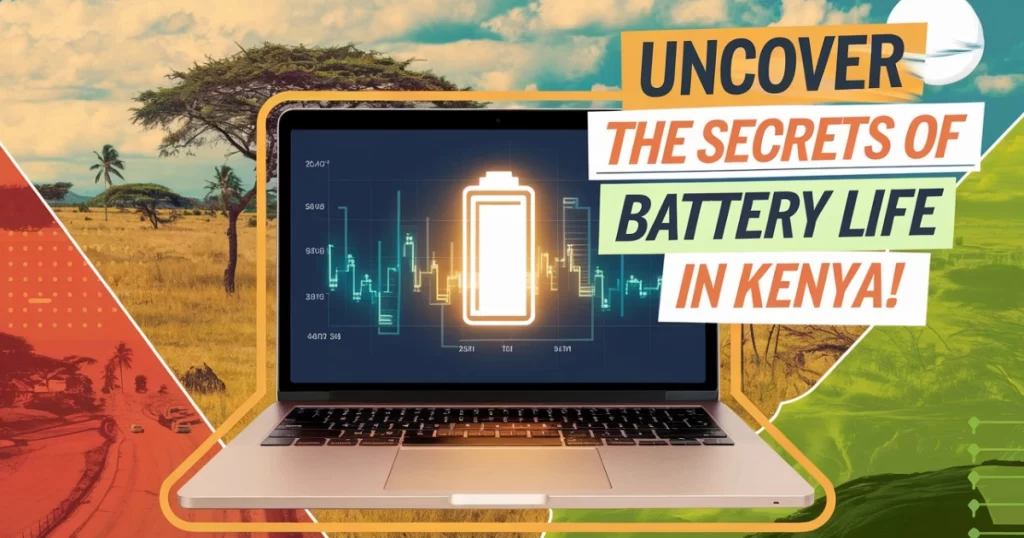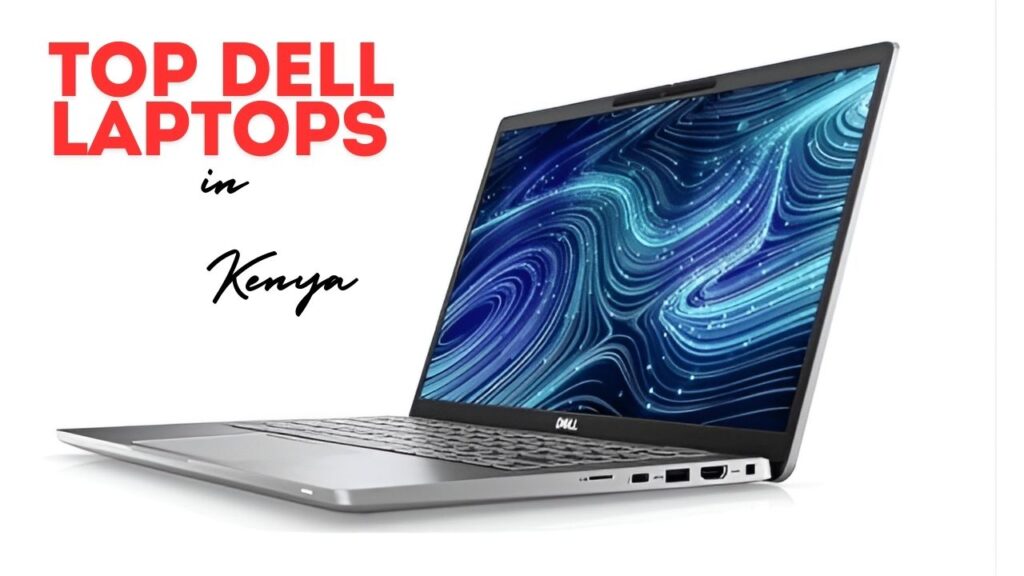In a country where the power grid tells its own stories of uncertainty, the quest for the perfect laptop with great laptop battery life has become something of a chase for something that cannot be attained. But here’s what’s fascinating: while Kenyans hunt for laptops with marathon-worthy battery life, we’re all asking the wrong questions. We are here to ask the right ones, what are the best laptops have great battery life in Kenya? Read on to find out.
The Power Paradox Of Laptop Battery Life
Let’s start with a surprising truth: those impressive battery life numbers you see splashed across marketing materials? They’re telling only half the story. When a manufacturer claims 17 hours of battery life for the HP EliteBook 850 G5 or a stunning 33 hours for the Lenovo ThinkPad T14s Gen 6, they’re speaking in ideals, not realities. The real story unfolds in the sweltering Nairobi afternoon heat, where battery cells age faster than in the temperature-controlled labs where these tests are conducted.
The Processor Plot Twist In Laptop Battery Life
Here’s where it gets interesting: the laptop market in Kenya is experiencing a quiet revolution. While Intel processors dominate the landscape, with everything from 8th Gen to 10th Gen Core i5 and i7 processors in popular models like the Dell Latitude 5410 and HP EliteBook series, the real game-changers are flying under the radar. The emergence of Snapdragon-powered laptops, like the ThinkPad T14s Gen 6 and HP OmniBook X 14, hints at a future where the choice between performance and battery life becomes obsolete.

The True Cost of Power And A Good Laptop Battery Life
We need to talk about the elephant in the room: price tags don’t tell the whole story. When a Dell Latitude 7390 costs KSh37,000 while an HP Envy x360 demands KSh65,500, we’re not just paying for different brand names. We’re investing in different philosophies of power management. The cheaper option might save money today but cost more in productivity tomorrow.
The Durability Equation
Here’s something most reviews won’t tell you: in Kenya’s unique environment, durability isn’t just about surviving drops and spills. It’s about withstanding power surges, dust, and temperature fluctuations that can silently degrade battery capacity. This is why military-grade certifications on laptops like the ThinkPad T490 and HP EliteBook series matter more here than in many other markets.
The Productivity Paradox
Consider this: a laptop with 15 hours of battery life doesn’t necessarily make you more productive than one with 10 hours. The real question is how those hours align with your work patterns. Are you a sprint worker who needs intense power for short bursts, or a marathon professional who requires consistent performance throughout the day? Your answer should guide your choice more than any spec sheet.
The Evolution of Need
The landscape of laptop use in Kenya has evolved dramatically. Power outages aren’t just inconveniences anymore; they’re opportunities for competitive advantage. When your laptop can outlast a blackout, you’re not just working – you’re winning. This is why the market is seeing a strategic shift toward laptops like the HP EliteBook 855 G7, which balances performance with power efficiency.

Making the Smart Choice
So, what’s the real strategy for choosing a laptop in Kenya’s unique market? Here’s your power play:
- Think in Cycles, Not Hours: Don’t just count battery hours. Consider how many work cycles you need between charges. A laptop that lasts 12 solid hours might serve you better than one that promises 17 hours with caveats.
- Consider the Climate Factor: Your laptop’s battery life will vary significantly based on where and how you use it. The Dell Latitude 5410’s 15-hour battery life might translate to 12 hours in real-world Kenyan conditions.
- Factor in Future-Proofing: The emergence of Snapdragon-powered laptops with 30+ hour battery claims isn’t just about today’s needs – it’s about where mobile computing is heading.
The Bottom Line
The best laptop for Kenya’s unique environment isn’t necessarily the one with the longest battery life on paper. It’s the one that delivers consistent performance when you need it most, whether that’s during a power outage in Mombasa or a client meeting in Nairobi’s bustling CBD.
Looking at the current market, standout choices include:
- The HP EliteBook 850 G5 for its reliable 17.5-hour battery life and proven durability
- The Lenovo ThinkPad T490 for its balance of performance and power management
- The Dell Latitude 5410 for its price-to-performance ratio
But remember: the perfect laptop isn’t about specs – it’s about how those specs serve your specific needs in Kenya’s unique computing environment.
Looking Ahead
As we move forward, the conversation about laptop battery life in Kenya needs to evolve. It’s not just about lasting longer; it’s about lasting smarter. The next generation of laptops, with their ARM processors and adaptive power management, suggests a future where “all-day battery life” isn’t just a tagline – it’s a given.
The real question isn’t how long your laptop’s battery will last. It’s how you’ll use those hours to stay ahead in an increasingly competitive digital landscape. Choose wisely, because in Kenya’s dynamic business environment, power isn’t just about battery life – it’s about empowerment. For more articles, visit marginseye.co.ke TODAY



